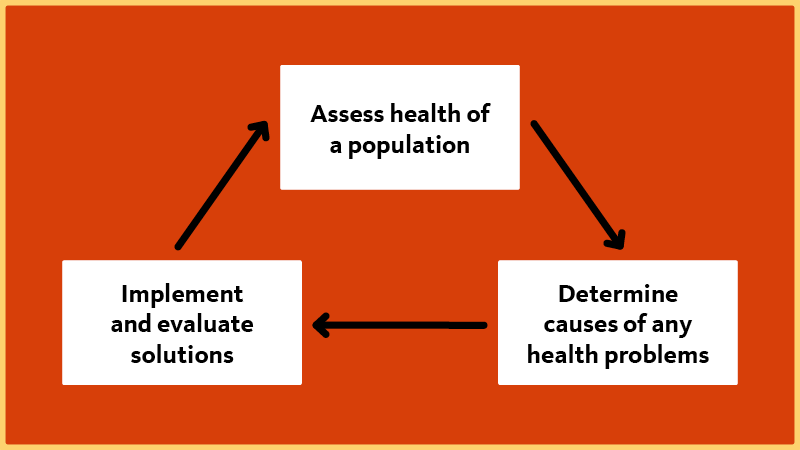
Tag: OER at Work


Liberating course materials from the textbook industry
3 minutes Division of Educational Ventures, OER at Work
Oregon State surveys students, collects local data to advocate for zero-cost textbooks
3 minutes Division of Educational Ventures, OER, OER at Work, open educational resources
Textbooks are way too expensive. Oregon State is saving students millions.
3 minutes OER at Work, openfeature-1, Oregon State Open Educational Resources Unit
OER at Work: Ditching traditional textbooks for a true ‘companion’ to learning
2 minutes OER at Work, openfeature-2, Oregon State Open Educational Resources Unit
OER at Work: A book on keeping information private that’s available for all to read
3 minutes College of Engineering, OER at Work, openfeature-3, Oregon State Open Educational Resources Unit
OER at Work: Expanding access to learning on all fronts
4 minutes Health and Human Science, OER at Work, Oregon State Open Educational Resources Unit
OER at Work: Open textbook is ‘a much more interactive resource’
3 minutes Biological and ecological engineering, College of Agricultural Sciences, College of Engineering, OER at Work, Oregon State Open Educational Resources Unit
OER at Work: Authoring a marine law open textbook was ‘straightforward and seamless’
3 minutes OER at Work, Oregon State Open Educational Resources UnitLoad more
Other collections
Online learning experience
Read articles that will help you gain a better understanding of what it's like to learn online with Oregon State University.
Explore the online learning experience »
Success stories
Read profiles and first-person narratives about Oregon State students and alumni as well as the world-class OSU faculty who teach online.
Read success stories »
News
Learn how Oregon State Ecampus and other units in the Division of Educational Ventures are making headlines.
Get the latest news »
Get updates about the latest programs, financial resources, inspiring stories and more. Sign up

